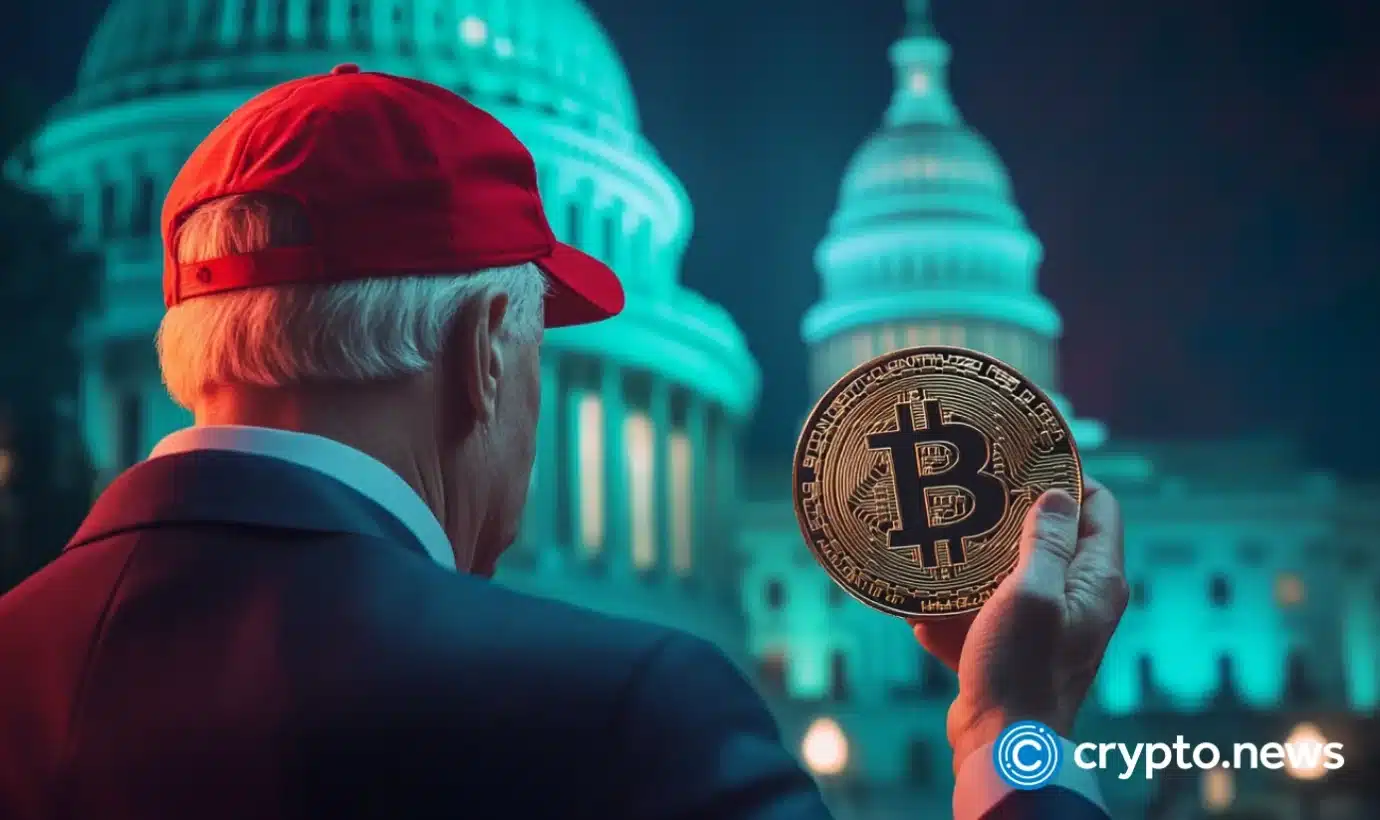Thanksgiving dinner is often a time for family, feasting, and sometimes, financial discussions. This year, as you pass the turkey and cranberry sauce, the conversation might just turn to the hottest topic of the financial world: Bitcoin ETFs.
With Uncle Frank bringing up BlackRock’s efforts to launch a bitcoin ETF, it’s an opportunity to delve into this intriguing subject that’s been making headlines.
Unpacking the Bitcoin ETF Buzz
First things first, a bit of clarification for Uncle Frank might be in order. An ETF, or exchange-traded fund, is a type of investment fund that’s traded on stock exchanges, much like stocks.
The Bitcoin ETF in question would offer investors exposure to Bitcoin without the need to directly buy or store the cryptocurrency.
And while BlackRock, the asset management behemoth, is keen on introducing such a product, it’s yet to receive the green light from regulators.
The buzz around Bitcoin ETFs isn’t just confined to BlackRock. Several other companies, including industry heavyweights like Ark Invest, 21Shares, Fidelity, Invesco, and Bitwise, have lined up with their proposals before the U.S. Securities and Exchange Commission (SEC).
Grayscale Investments, with its Bitcoin Trust (GBTC), is also on the cusp of operating as an ETF, pending the necessary regulatory nods.
Debating the Future of Bitcoin ETFs
As you help Uncle Frank to another serving of mashed potatoes, the conversation might steer towards the likelihood of these Bitcoin ETFs coming to fruition.
For a decade, the SEC has maintained a cautious stance, consistently blocking the approval of Bitcoin ETFs. The concerns have revolved around issues like market volatility and potential manipulation.
However, the winds of change are blowing. Bloomberg Intelligence analysts recently pegged the probability of a spot bitcoin ETF approval by Jan. 10 — the SEC’s deadline for a proposal by Ark Invest and 21Shares — at a confident 90%.
“But why now?” Uncle Frank might ask, temporarily diverting his attention from the Lions game on TV. The recent developments in the financial sector provide some clues. BlackRock’s filing for a spot bitcoin ETF in June was a game-changer.
The company, managing over $9 trillion in assets, has a formidable track record with the SEC, having only one product proposal denied in nearly 600 attempts. Its push for a Bitcoin ETF has catalyzed a new wave of proposals in the sector.
Additionally, Grayscale’s recent court victory against the SEC has altered the playing field. The ruling limits the criteria on which the SEC can deny converting GBTC to an ETF.
Moreover, the SEC’s decision not to challenge this legal ruling further indicates a possible shift in their approach towards Bitcoin ETFs. Fund issuers are also adapting their proposals in response to ongoing dialogues with the SEC.
21Shares president Ophelia Snyder, in a recent interview, highlighted a “pattern break” in issuer behavior, indicating a positive trend towards more transparent and detailed product proposals.
As the dinner conversation eventually moves away from finance to family and politics, Uncle Frank’s concluding remark, “I guess only time will tell,” rings true.
The Bitcoin ETF saga is a complex and evolving story, one that encapsulates the broader narrative of cryptocurrency’s integration into the mainstream financial system.
In essence, the debate over Bitcoin ETFs is not just about a financial product; it’s a reflection of the growing intersection between traditional finance and the burgeoning world of digital currencies.
As you reach for the pie, it’s clear that Bitcoin ETFs, much like the Thanksgiving feast, are a topic that offers much to digest.





